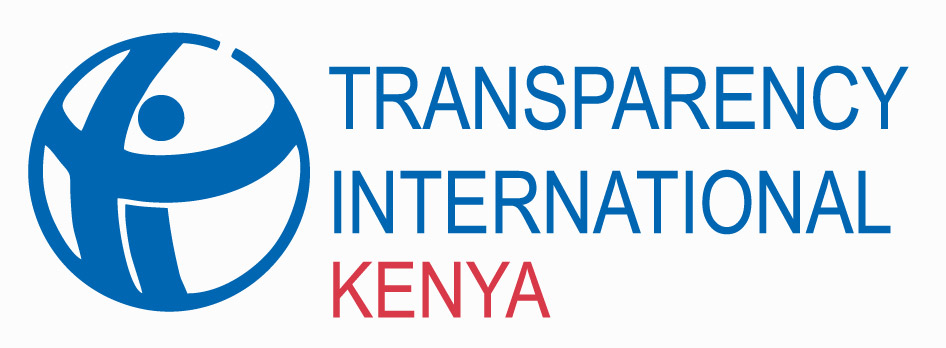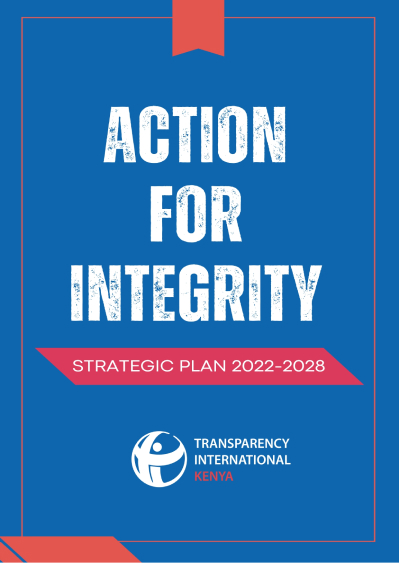As the political campaign season heats up, various economic approaches have been proposed and dominated Kenya’s political lexicon lately, with presidential aspirants and their proponents promising a panacea to the trouble bedeviling the country’s economy. One of the key missing pieces in this conversation is solutions they will proffer to cure the country of the endemic corruption which has brought the Kenyan economy to its knees.
Since Kenya’s independence, the decentralization of government services has been a key approach to socio-economic development. This was given prominence in the 2010 Constitution, which introduced two levels of government – national and county level. Proponents of the BBI further positioned the strengthening of devolution as among the initiative’s key selling points, proposing an increase in the allocation of funds to the county government from 15% to 35%, with the aim of distributing the national cake to the bottom-tier of the economy.
Yet, it is estimated that the government loses 30% of the annual budget to corruption. In fact, the theft of public resources is so endemic that in January this year, none less than President Uhuru Kenyatta insinuated that the country was losing up to Ksh2 billion daily to corruption. Kenya has been plagued by a long list of corruption scandals in the past thirty years, many of which remain unresolved, including the Goldenberg Scandal, the Anglo-Leasing Scandal, the National Youth Service Scandal, the Arror and Kimwarer Dams Scandal, and the recent KEMSA Covid-19 Scandal. The KEMSA scandal coming at time when Kenyans are heavily indebted to the tune of Ksh 7.7 trillion as at the end of June 2021.
Kenya obtained a score of 31 out of 100 having scored 28 points in 2019 on the 2020 Global Corruption Perception Index by Transparency International, the global anti-corruption movement. Kenya’s score still falls below the Sub-Saharan average of 32 and global average of 43 – a score below 50 indicates serious levels of public sector corruption.
Additionally, Kenya’s economic freedom score is 54.9%, making its economy the 138th freest globally in the 2021 Index of Economic Freedom by Heritage Foundation. Kenya is ranked 28th among 47 countries in the Sub-Saharan Africa region, and its overall score is below the regional and world averages, and the country’s economy has been ranked mostly unfree since 1997, indicating the limitations in trade freedom, and tax burden in the country.
So, whether ‘bottom-up’ ‘middle-out’ or ‘trickle-down’, Kenyans should be concerned as to why the economic approaches that have been deployed since independence have not achieved the intended objective of breaking the glass ceiling that impede people at the bottom from scaling up the economic ladder.
It seems the electorate have been tasking ‘hyenas to watch over the meat!’, thus explaining the white elephant projects, fast rising number of tenderpreneurs and individuals unable to justify their wealth, and cases of ‘budgeted’ and ‘devolved’ corruption.
Every year, Kenyans lose billions of shillings through illicit financial flows (IFFs). The losses amounted to an estimated Ksh 380 billion in 2020 alone according to Global Financial Integrity. Therefore, the economic blueprints should not just be a treacherous ploy to hoodwink the electorate. The proponents should demonstrate to Kenyans how they intend to expedite the tracking of IFFs, to make it difficult for public officials and other individuals to enrich themselves through corrupt acts, and similarly support the recovery and repatriation of stolen assets for the benefit of all Kenyans.
Whilst crafting economic blueprints is a prudent step in shifting focus from the typical and myopic tribal-based politics that we have been treated to over the years, to issue-based discourse, the conversation must be deepened and broadened to include solutions to tame the ballooning public debt, wastage in the public sector spending and wanton plunder of public resources.
Regardless of the proposed economic approaches, aspirants to high political office should decipher how they intend to establish a robust public engagement and oversight framework as an integral part of the fiscal consolidation and debt restructuring process to bolster and sustain efforts to deal with the public debt quagmire.
A more balanced discussion on the future of Kenya’s economy should also consider entrenching a transparent and accountable system of tax collection, one that invests in human, financial and technological resources to strengthen revenue collection and open reporting of such information, and seal loopholes for tax evasion and related illegal actions. Only then can the country ensure effective mobilization of domestic resources to grow and support the economy for the enjoyment of all Kenyans even those at the bottom stratum of society.
Therefore, if any of the proposed economic approaches is to reclaim our ravaged economy especially amidst the adverse impact of the Covid-19 pandemic, it must plug the gaps that enable corruption to thrive in Kenya particularly in the public sector and seal other loopholes that hemorrhage public funds.
By Sheila Masinde, Executive Director, Transparency International Kenya


